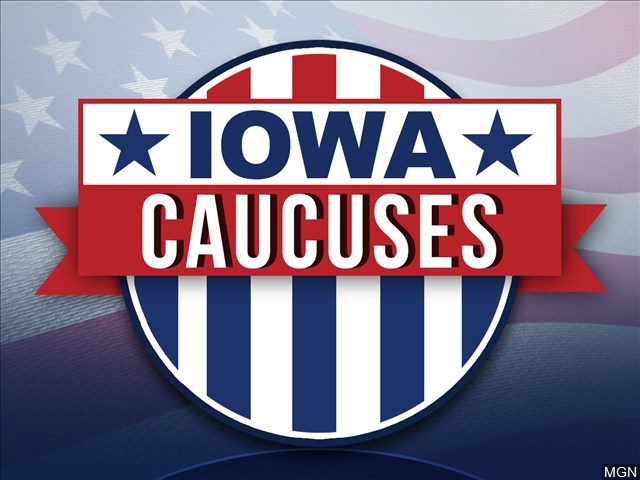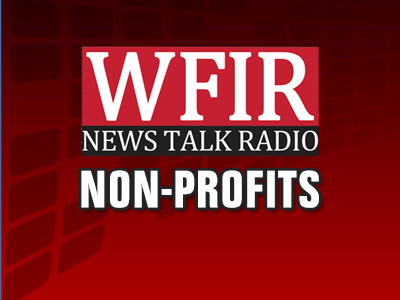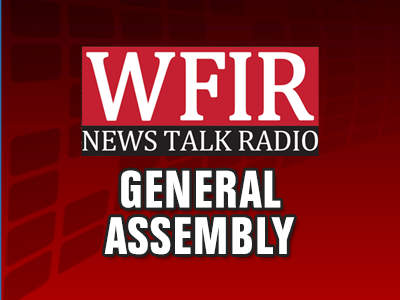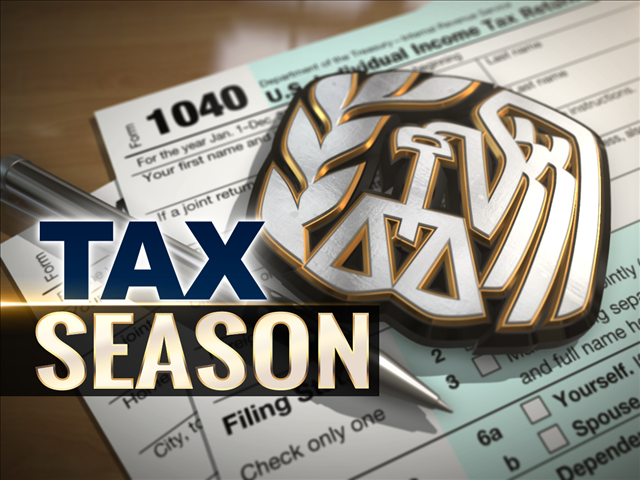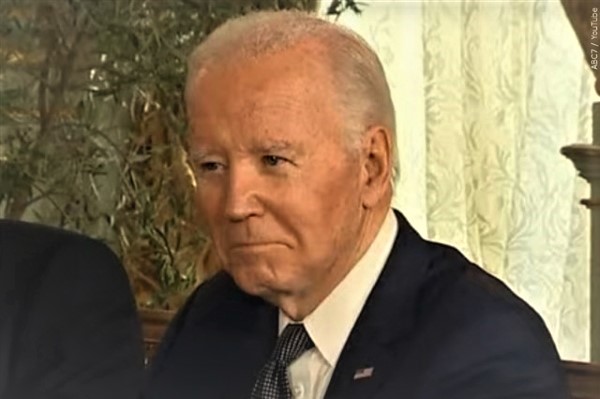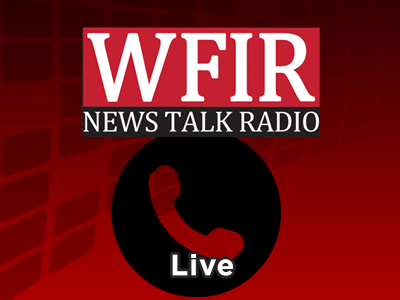Despite freezing conditions, Iowa was able to caucus with former President Donald Trump taking the Hawkeye state...
State and National Government
A Roanoke delegate recently spoke out against Governor Youngkin’s budget proposal on a Northern Virginia web-series. WFIR’s...
Roanoke has been listed as the “Poorest Big City” in Virginia. A Yahoo Finance article listed the...
A person long-involved with a local non-profit was recognized for her time spent helping people achieve economic...
The U.S. Supreme Court will hear oral arguments on February 8 following an appeal by former President...
Virginia lawmakers begin a new General Assembly session Wednesday, and there is a new dynamic at work....
A local expert has a tip to avoid paying extra when you file, as well as information...
A former Lynchburg-area congressman appeared on a Northern Virginia activist talk show to speak about his involvement...
Do you have a New Year’s Resolution to get out and get active? Virginia’s State Parks can...
Ben Cline, Roanoke-area congressman and member of the House Judiciary Committee, says the impeachment inquiry is an...
A non-profit focusing on family support uncovers the ongoing challenges Virginia’s growing families are up against. WFIR’s...
There are a number of initiatives spurred by work that Roanoke’s Gun Violence Prevention Commission has undertaken,...
Once again right before the Christmas holiday were were joined this morning by 6th District Republican Congressman...
Virginia’s Drive Sober or Get Pulled over campaign is in full force for the holiday season. As...
Virginia’s senior U.S. Senator says the state must provide for plenty of travel improvements for a major...

